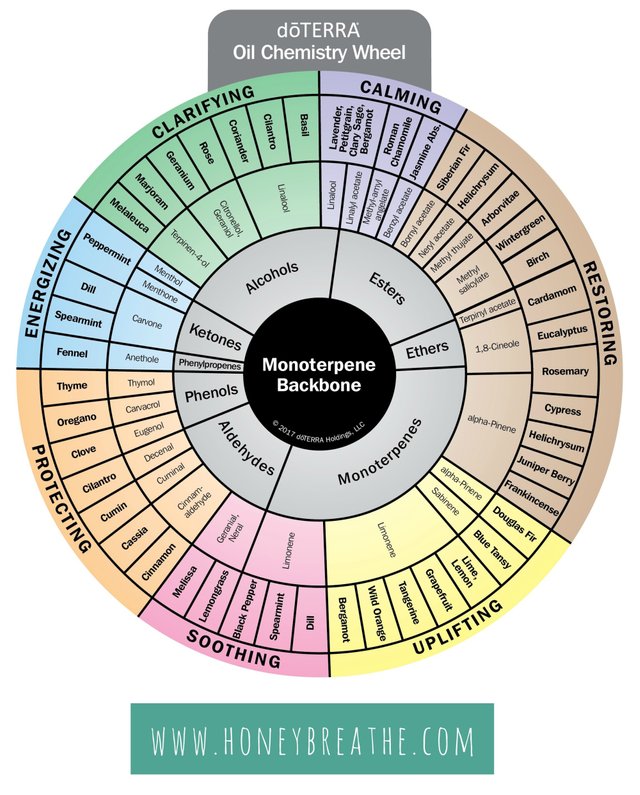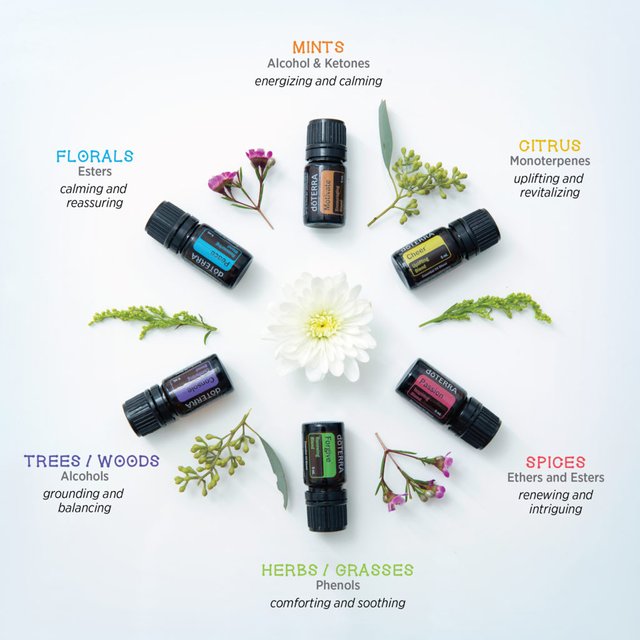What Are essential oils
Essential oils have been used for centuries: the idea of using plant based medicine is not a new fad or trend. In ancient civilizations like China, Greece, Rome, the Middle East, Asia and India, people recognized the power that essential oils had to influence human health and emotion, and often used essential oils for medicine, religious ceremonies and rituals for this very reason.

Aromatherapy: Although these ancient people recognized the power of aromatherapy, the term “aromatherapy” wasn’t officially coined until the 20th century. It took many years for scientists to realize how beneficial essential oils are for the emotions, and it wasn’t until the 1990’s when substantial research helped biologists to prove what the people of ancient Greece and China knew—that essential oils create responses in the body, and can be used to influence our health, our emotions and mood.
Each essential oil has its own unique chemical makeup, which affects how it interacts with your body's functions. The chemical configuration of an essential oil determines what it is useful for—some chemical elements make an essential oil useful for cleaning, while others make an oil beneficial for the skin, or digestion, immunity, pain or to clear breathing airways. Fundamentally, essential oils can be used to create specific responses depending on their chemical makeup.

When an essential oil is inhaled, it travels through the nose and is processed by the portion of the brain that is responsible for controlling our sense of smell. From there, aromatic pathways connect the scent to the part of our brain where memories and experiences are stored. As the aroma travels through aromatic pathways, memories are triggered, giving us an emotional response.
When an essential oil is taken orally (not all oils should be ingested) the aromatic molecules interact with cells to provide their function. In a similar way, essential oils can be rubbed into the skin, where their small molecule size allows them to be absorbed directly. This is a very effective way to get the plant compounds directly into an area, such as hands, back, head (for headache) or digestion. For example, peppermint is widely known to be useful for digestive issues, and lavender is known to be useful for promoting relaxation and sleep (it works!)
Essential oil compounds vary but there is commonality across plant types. For example L-Limonene is found in the peels of citrus fruits, while pinene is found in tree parts (sap, bark).

Here is a very interesting article about the Chemistry of Frankincense. You are probably aware that Frankincense was brought to the baby Jesus by the Three Wise Men 2,000 years ago! Frankincense is known as the "King of all oils" because it has such a wide range of health benefits.
For more information on Essential Oils or to purchase high quality essential oils, please visit my blog:
